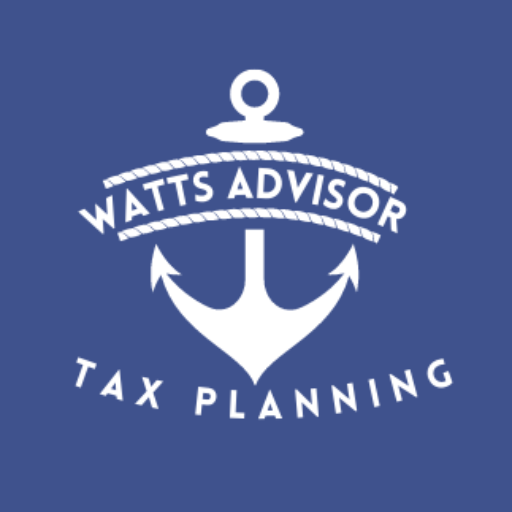
12 May Why You’re Not Getting Tax Advice From Your Tax Professional
Tax preparation and tax advice are very different things. Many taxpayers assume that when they have their taxes prepared by a professional, they’ll also get tax planning advice or recommendations for ways to reduce future taxes. This doesn’t always happen and there are a number of reasons why:
TIMING
When do you usually see your tax pro? During tax season, naturally. Tax professionals are up against some very tight deadlines and a heavy workload during tax season. Their focus during these times is to get the returns finished, paid for, and filed. There isn’t much time, if any, to do diagnostics on your tax situation or strategize ways to lower future taxes.
If you want to see if your tax pro will do a deep dive on your tax situation and make recommendations, make an appointment outside of tax season.
YOU DIDN’T ASK FOR THAT
Check your tax pro’s engagement letter. Chances are good that you only engaged them for tax prep, not tax planning. Detailed tax planning requires additional time and you have to ask for it. Also, the tax pro should reasonably expect to be paid for their extra time.
IT’S NOT THEIR THING
Your tax pro’s professional plate is probably full of other aspects of their business, like bookkeeping and audits. As noted in his book, The Overtaxed Investor, Phil DeMuth says, “Tax preparation is a small and dwindling part” of the CPA’s business.
In-depth tax planning is an additional skill set and requires on-going, multiple touches with clients. Some CPAs may prefer the seasonal, low-contact aspects of tax prep.
In some cases, the tax pro may be worried that making a recommendation for a strategy may be prompting a securities transaction, which would require a securities license.
Finally, some tax preparers are not allowed by their firms to give tax advice.
“If you want tax planning advice, you’d better be a business client of the tax CPA firm. Otherwise, you’re on your own.” – Phil DeMuth
THEY’RE PLAYING IT SAFE
CPAs are professionally precise, cautious, and conservative; which I understand. Their profession is based on veritable accuracy. As a result, it is safer for some tax pros to be a tax historian rather than to make recommendations for a tax strategy. Recording the past is fairly safe. The numbers are the numbers. With the tax year over, there is nothing left to do but prepare the forms and file them. Low risk and very little left to chance.
On the other hand, developing a long-term tax strategy involves looking into the future where there is always a degree of uncertainty. Planning involves forecasting and assumptions. By making a recommendation or developing a forward-looking plan, there is a chance that the tax pro could be wrong, or the strategy might not work out perfectly. The thought of this could be very unsettling for a professional who is used to safely and precisely recording the past. There is no risk for the recommendation or the referral that they don’t make.
But while the tax professional is playing it safe, the client could be writing bigger checks than necessary to the IRS. It takes a rare tax professional indeed to be willing to offer tax planning advice or a referral to another professional.
Ask your pro about their ability and willingness to provide in-depth tax planning that involves tax mitigation strategies. If they are able & willing, you should be willing to pay for it. If they are not, you will have to look elsewhere for tax planning advice even if you keep your tax prep business where it is.
I believe that taxes are intertwined with all other aspects of financial planning. To ignore taxes in wealth management is negligent, I believe. We have the ability to develop, implement, and monitor a tax mitigation plan for you as part of your wealth management. If you’re not satisfied with the level of tax planning that you are receiving, we’re always available to talk.
Coming Soon: “CPA, EA, ATP: What do those tax preparer designations mean?”


